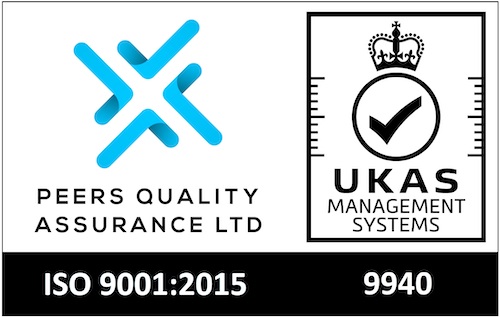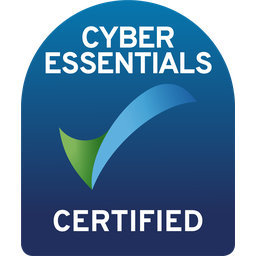Smart, fast, secure, and affordable checks for Community Groups
Spanning hundreds of different interests and crossing many diverse communities, DBS checks help to ensure that safeguarding is paramount. Many community groups centre around children and vulnerable people, which means that the staff in role and the volunteers supporting activities may need an Enhanced DBS check.
Getting a DBS check is essential for many volunteer roles across community groups, which include charities, faith groups and sports clubs, and ensure volunteers and staff have been properly vetted. At MyVetting.com, we run online DBS checks for all types of community group roles, including Enhanced DBS checks for faith groups, sports coaching and support roles.
Start an Online DBS Check
Registration is free and gives you access to our DBS check dashboard for community groups from where you can manage all DBS checks. Our simple three-step process lets you buy, send and track checks in minutes. Our fully digital system means that you can send checks straight to your applicants’ email so they can start their DBS check online within seconds of receiving their alert.
Smart, fast and secure, MyVetting.com’s dashboard makes it easy to trace applicants through the DBS process for community groups.
Enhanced, Standard or Basic DBS for Volunteers
When volunteering for a charity, a sports club, a faith group or another community group, it is highly likely that the organisation you’re volunteering with will ask volunteers to undergo a DBS check. Most groups will apply on your behalf. At MyVetting.com, groups can send DBS check requests from their dashboard, with volunteers able to submit evidence digitally.
The majority of volunteer positions that need a DBS check will need a Standard DBS Check or Enhanced DBS Check. Enhanced DBS checks will be requested for volunteer roles that have direct contact with children and vulnerable people. At MyVetting.com, we’re targeting 5-10 days for DBS checks to be returned. MyVetting.com can help answer your DBS community group questions and we’re here to support you through an online, digital DBS check.
Who needs a Volunteer DBS check?
Volunteer DBS checks are essential for individuals who volunteer in roles where they have regular and close contact with vulnerable groups, such as children or adults with disabilities. These checks help ensure the safety and well-being of those who may be at risk. Safeguarding is essential within community groups to protect the wellbeing of members, from cricket clubs to choirs, animal sanctuaries to prayer groups.
Common roles in community groups that will require a DBS Check –Basic, Standard or Enhanced – include:
- Youth Club Leaders
- Elderly Care Volunteer Activity Coordinators
- Special Needs Group Volunteers
- Community Event Organisers
- Sports Team Managers
- Sports Team Coaches
Find a community group near you. Follow the link below
https://www.gov.uk/find-a-community-support-group-or-organisation
Enhanced DBS Checks For Sports Coaches
Ensuring the safety and well-being of individuals participating in sports activities is a top priority, particularly when it involves children or vulnerable adults. Enhanced DBS checks play a crucial role in vetting sports coaches to guarantee they are suitable for their roles. Sports coaches bear a level of responsibility for the well-being and safety of their athletes. An Enhanced DBS check helps assess their suitability for this responsibility.
Depending on the nature of the sports coaching role, there may be legal requirements or industry standards that mandate Enhanced DBS checks to ensure compliance with safeguarding regulations.
Start Enhanced DBS Check
Enhanced DBS Checks For Charity Volunteers
Charity volunteers play a vital role in supporting community groups and individuals in need. To ensure the safety and well-being of those they serve, Enhanced DBS checks are a crucial component with charity volunteers as they often have direct and regular contact with vulnerable individuals, such as children, the elderly, or those with disabilities. An Enhanced DBS check helps assess their suitability for such roles.






